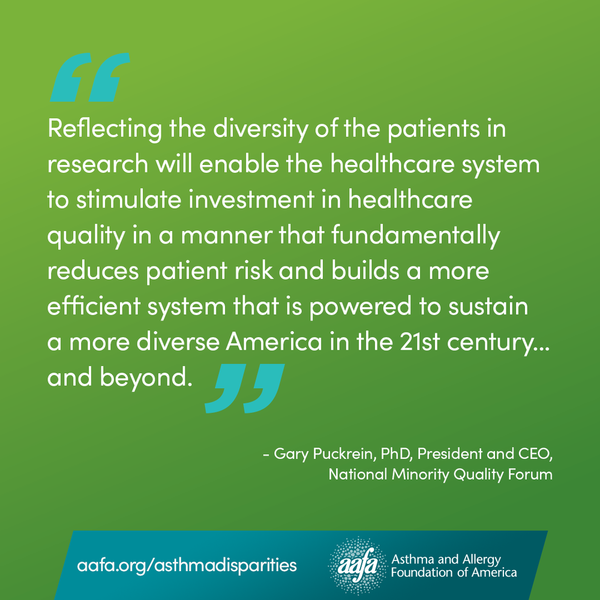The COVID-19 pandemic has hit Black Americans hard. According to The COVID Racial Data Tracker, the COVID death rate of Black Americans is 1.5 times that of white people.
We now have two COVID-19 vaccines, with more on the way. While the vaccines offer hope overall, they raise other concerns. Many Black Americans may not be able to get it. Or they may choose to not to get it.
The National Minority Quality Forum (NMQF) held a virtual town hall on Jan. 25, 2021, to examine barriers that may prevent Black Americans from getting COVID-19 vaccines. The National Minority Quality Forum (NMQF) is a non-profit health care research and education organization whose mission is to reduce patient risk by assuring optimal care for all.
Due to a history of systemic and structural racism, many Black Americans don’t trust health agencies and health care providers. And rightfully so. Not enough Black people are included in clinical trials. Many treatments are not developed with them in mind. And they often are not able access the treatment they need.
During the town hall titled, “Black Americans & the COVID-19 Vaccine,” the panelists talked about the reasons for a lack of trust by Black Americans. They also talked about common fears and beliefs about the vaccines and current treatments.
The speakers, moderators, and panelists included:
- The Honorable Robin L. Kelly, PhD, U.S. Representative (D-IL), Chair of CBC Health Braintrust
- Marc H. Morial, JD, President and CEO of the National Urban League
- Derrick Johnson, JD, President and CEO of the National Association for the Advancement of Colored People
- Gary A. Puckrein, PhD, President and CEO of NMQF
- Gloria Wilder, MD, MPH, Vice President of Innovation and Health Transformation for the Centene Corporation
- Reynold Verret, PhD, President of Xavier University of Louisiana
- Akilah Jefferson Shah, MD, MSc, Assistant Professor of Allergy and Immunology at the University of Arkansas for Medical Sciences
- Dara Richardson-Heron, MD, Chief Patient Officer for Pfizer
- Gary H. Gibbons, MD, Director of the National Heart, Lung, and Blood Institute at the National Institutes of Health
- Debbie Chatman Bryant, DNP, RN, FAAN, Associate Professor and Associate Dean for Practice at the College of Nursing at the Medical University of South Carolina
- Mia Keeys, MA, DrPH(c), Director of Health Equity Policy and Advocacy of the American Medical Association’s Center for Health Equity
- Darrell Green, Pro Football Hall of Fame Inductee, Associate Athletic Director and Special Assistant to Athletes Director at George Mason University
“Reflecting the diversity of the patients in research will enable the healthcare system to stimulate investment in healthcare quality in a manner that fundamentally reduces patient risk and builds a more efficient system that is powered to sustain a more diverse America in the 21st century… and beyond.” – Gary Puckrein, PhD, President and CEO, National Minority Quality Forum

The COVID-19 vaccine clinical trials were the first to fully include people of color. One in three trial participants were people of color. Ensuring diverse representation in medical research is necessary to improving health outcomes. Other strategies to improve health equity for Black, Indigenous, and Hispanic Americans are outlined in AAFA’s “Asthma Disparities in America” report.
On Feb. 12, 2021 at noon EST, NMQF will host a webinar on “COVID-19 Vaccine Equity: Reaching Underserved Communities.”
Get Involved
You can join AAFA in honoring Black History Month and our mission to promote pathways for equity in asthma and allergy care resulting in healthier outcomes.
Have you faced or seen racial or ethnic bias in asthma and/or allergy care? Share your story so health care providers and communities can learn from you. Are you a community leader or health care provider working on solutions? We want to hear what motivates you to help marginalized groups living with asthma and allergies. Send your story to stories@aafa.org. We just might spotlight it during Black History Month or the months to come!
Looking for an idea on how to make a difference? Join our community and become a patient spokesperson.
Follow us on social media, tag us, and use the hashtag #HealthEquityNOW to help raise awareness, get involved, and share your reasons why this is a key concern for you.
You can also donate to support our community outreach, research, programming, and policy work to help put an end to disparities in asthma and allergies.


Comments (0)